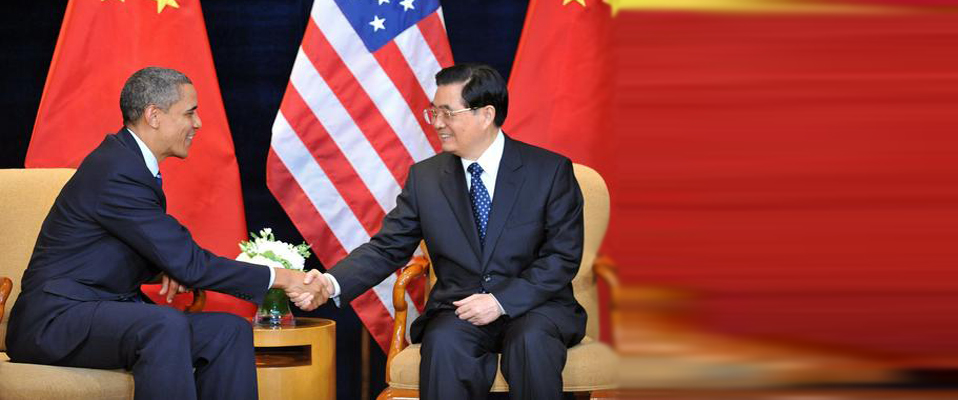Dear Mr. President:
We strongly hope that, in your talks this week with Chinese Vice President Xi Jinping, you will forcefully and publicly raise the issue of human rights in China. It is increasingly clear to the world that the problem of human rights in China is not merely China’s problem; instead, it is increasingly becoming the world’s problem.
Most people are willing to believe that the Chinese government, given its remarkable economic achievements, would logically become more liberal and confident in politics, and so the condition of human rights should be improving. However, the issue is that for two decades the Chinese government has gravitated contrary to the trend of democracy in international human rights. The deterrent effects of the Tiananmen massacre have led to the privatization of rights and wealth in the name of reform, quickly leading to the formation of a deeply corrupted group of ruling elites. The Chinese economic success was achieved as the government took advantage of extremely low standards of human rights; artificially lowered the price of labor, land, capital and non-renewable resources; reduced transaction costs by disallowing bargaining; restricting and dismissing trading rights; and in the process rejected democracy, reduced political participation, disregarded independent thinking, harbored contempt for faith and disdain for justice, stimulated desire for material goods in order to focus the people’s capacity for the pursuit of wealth, and as such, has accomplished “the Golden Age” in the global economy by displaying a shocking competitiveness that even free and democratic countries find hard to challenge.
For twenty years after Tiananmen, the free world, with its advantageous conditions, entered into blind optimism and short-sightedness, taking things for granted, and actually sat back to watch the rapid rise of an authoritarian regime already riddled with many problems. The entire humankind’s freedom and peace is now faced with a serious threat. This makes the Chinese Communist Party more arrogant, worshipful of power and violence, and contemptuous of justice and human rights. Yet at the same time, the CCP understands that no matter how strong their reign appears, its backbone is extremely fragile since it is built upon the continuous oppression of others. Once oppression gives way, large autocratic powers will collapse instantly. Without mentioning the crimes of many years of political persecution, it is difficult to avoid the people’s judgment taking into consideration merely the economical plundering of the general population. With this in mind, the CCP today is more hostile and fearful of human rights and democracy than ever before.
We deeply understand that in such situations, it is not an easy matter to seek to bring about change to human rights in China via public dialogue, and it will not happen overnight. Yet, this sort of open dialogue is necessary and should be strengthened.
As we all know, Xi Jinping will soon become the top Chinese leader. Although we cannot help but remind the international community not to have unrealistic fantasies of any Chinese Communist leaders, we firmly believe that the most reliable guarantee of democratic change in China is the civil force. We must emphasize that the current difficult political situation of China is both a plight and an opportunity for a politician. With Xi Jinping in a position of power, an influence in the cause of democracy can be achieved as long as there is conformation to public opinion and adherence to the universal values of human rights. This is the reason why in December 2010, when we attended the Nobel Peace Prize award ceremony in Oslo honoring our friend Liu Xiaobo, we told reporters that we hope the next Nobel Peace Prize would go to leader of the CCP. If you have the same hope as we do, then please, in your own capacity as a Nobel Peace Prize laureate, express your expectations to Xi Jinping. But please do not forget to reiterate: at present, China is the only nation to imprison its Nobel Peace Prize Award winner.
YANG Jianli,
Founder and President of Initiatives for China, Former Political Prisoner of China (2002-2007)
HU Ping,
Editor-In-Chief of Beijing Spring

